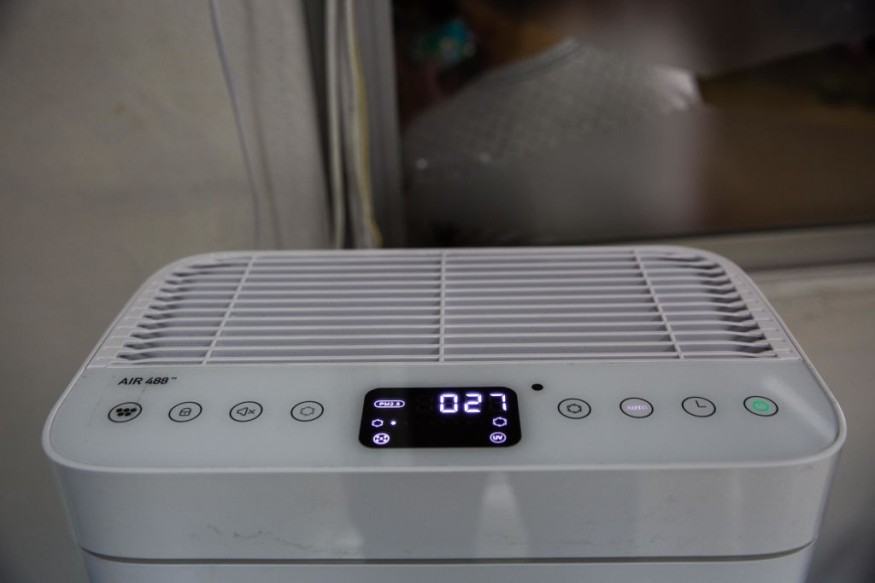
For small coverage air cleaning, such as in a room or at home, an air purifier would be beneficial to manage indoor air quality and get rid of pollutants.
Americans spend 90% of their time indoors on average, where pollutants are concentrated and could be much higher than outside. They may be invisible, but air pollutants like mold spores and dust can worsen the symptoms of many respiratory conditions, such as asthma, cystic fibrosis and lung cancer.
According to LiveScience, there are a lot of benefits an air purifier can offer that makes it worth investing in. For starters, knowing the air quality in your local area can help you understand the air quality problem where you live. Community pharmacist and Co-founder of PillSorted, Zeinab Ardeshir, says "improving indoor air quality greatly impacts our quality of life as more than 90% of modern life is spent indoors. Better quality of air indoors reduces the risk of transmission of pathogens and improves allergy symptoms and breathing conditions. An air purifier works by filtering the air through microscopic filters and trapping the allergens."
Why Air Purifiers are Heaven-Sent
1. Reduces medication use for those struggling with allergies
Studies find that air purifiers help control environmental triggers for allergies. If you have allergies, keeping an air purifier in your room helps keep the allergen level in your room low, reducing the symptoms, a controlled study published in the Yonsei Medical Journal suggests. It also works best in rooms with limited size and may not be as effective in large areas.
2. Filters harmful chemicals
Another study published in Environmental Health Perspectives indicates that pollutants in highly polluted areas are linked with respiratory problems and infectious diseases, which can be dealt with using air purifiers as it filters and releases the now clean air back into the room.
3. Helps with dust
Air purifiers can also brush off microbial contaminants like dust particles which are leading triggers for asthma attack.
4. Removes Mold Spores
Good news! Air purifiers can also remove mold fungi known as spores. Having an air purification system also traps the spores before they land and develop into more mold, always keeping them at bay.
5. Relieves symptoms of Asthma
As air purifiers help manage air quality in your home, exposure to contaminants are limited, thus relieves symptoms of asthma.
6. Reduction of airborne disease
Now more than ever, it is important to tackle ways of purifying the air we breathe with the ongoing outbreaks of airborne diseases such as SARS-CoV-2.
"According to recent research conducted by Addenbrookes hospital in Cambridge, use of HEPA filter air filtration machines removed almost all traces of airborne SARS-CoV-2 on the Covid wards as well significantly reducing the levels of bacterial, fungal and other viral bioaerosols," Ardeshir told Live Science.
However, it should be noted that an air purifier may only reduce the risk of developing airborne infectious diseases, but won't completely prevent it.
Keeping Your Indoor Air Clean
Ardeshir emphasized that air purifiers are only tools to keep the air clean, and is not the sole measure to keep your house have a good air quality.
"To improve indoor air quality at home, a house needs to be well ventilated in order for an air purifier to work properly," she says. "Keeping the indoor environment well ventilated, keeping the doors and windows shut during hay fever season and regularly vacuuming with a HEPA filter, are more important steps in improving the air quality at home."
Related article : Millions of Tons of Extremely Reactive Chemicals Found Lingering in the Earth's Atmosphere
© 2025 NatureWorldNews.com All rights reserved. Do not reproduce without permission.





